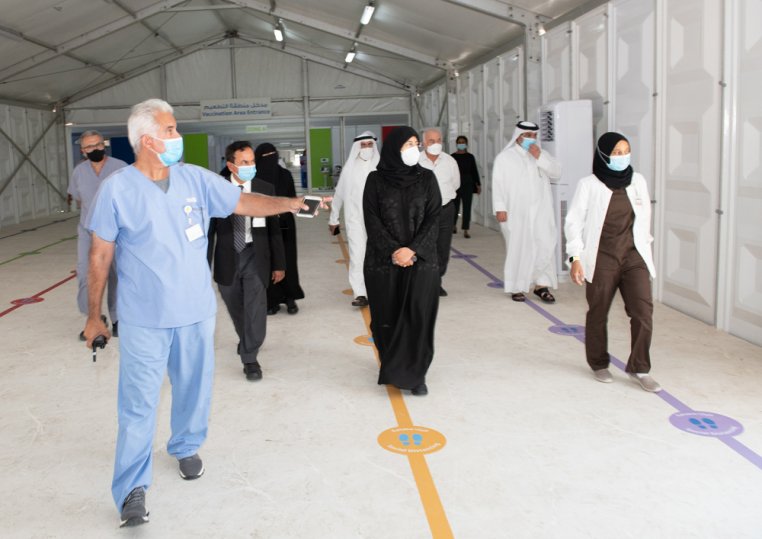Research initiated by The University of Huddersfield’s Dr Tomasina Stacey into the modifiable risks of stillbirth in New Zealand spurred a bigger, multi-national study that suggests that sleeping on the back in the last trimester of pregnancy can increase the risk of stillbirth. The findings of this research now form part of official guidance from the National Health Service (NHS) in the UK for maternity professionals, where stillbirth affects 1 in every 225 births, or nine deliveries a day. The findings were recently published in The Lancet’s EClinicalMedicine journal.
The research
 Dr Stacey’s initial study of the issue — her doctoral research — took place in the University of Auckland, New Zealand where she investigated whether the mother’s sleeping position in pregnancy could affect the risk of stillbirth. Her study concluded that for a small percentage of mothers, sleeping on the back increases that risk because the weight of the uterus could restrict the amount of blood reaching the baby.
Dr Stacey’s initial study of the issue — her doctoral research — took place in the University of Auckland, New Zealand where she investigated whether the mother’s sleeping position in pregnancy could affect the risk of stillbirth. Her study concluded that for a small percentage of mothers, sleeping on the back increases that risk because the weight of the uterus could restrict the amount of blood reaching the baby.
That study was the first to investigate the role sleep practices in pregnancy can play in that risk. It then triggered a large-scale study that collected data from 851 mothers to stillborn babies and 2,257 pregnant women in New Zealand, the UK, US, and Australia.
The main finding of this research was that sleeping on the back at 28-weeks of pregnancy and beyond increases the risk of stillbirth by 2.6 times, irrespective of whether there were other risk factors in the pregnancy.
The aftermath
The research’s findings have been incorporated into official NHS guidance on reducing the rates of stillbirth in England by being included in its Saving Lives Care Bundle – a dossier issued by the NHS for healthcare professionals and commissioners to help lower the rates of stillbirths and neonatal deaths in the nation.
The care bundle now recommends that practitioners tell pregnant women that it’s safer to sleep on their sides in later pregnancy than on their backs and that they should do this whether they’re going to bed for the night or having a nap. It also reads that women who wake up lying on their backs shouldn’t worry and should just try to resettle themselves on their sides.
The next thing to tackle, according to Dr Stacey, is making sure that healthcare professionals provide consistent advice on sleep position and to also find out the ways they can support expectant mothers in applying these recommendations.
Dr Stacey says that even though sleep position will only affect birth outcomes for a small number of women, many of the women involved in the research had no problem changing their sleeping position if it was safer for their babies.
More from Health Care
Written by Tesneem Ayoub
Sources:
1. https://www.sciencedaily.com/releases/2019/04/190408114025.htm
2. https://www.england.nhs.uk/mat-transformation/saving-babies/






Leave A Comment
You must be logged in to post a comment.